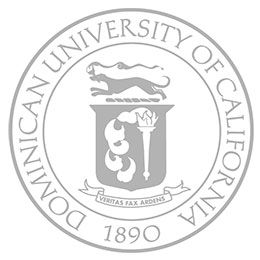- Directory
- Roland Cooper
Roland Cooper, PhD
Roland joined Dominican in 2011, where he teaches Advanced Genetics, Medical Parasitology, and Research Methodology. His NIH-funded research is focused on the molecular mechanism of drug action and resistance in the human malaria parasite, Plasmodium falciparum. His projects are based both in the laboratory and in Africa. Malaria, caused by the blood parasite, Plasmodium falciparum, claims nearly half a million lives and results in hundreds of millions of clinical cases annually, primarily due to the lack of safe, affordable and efficacious drugs available for impoverished populations. Compounding the severity of the problem is the lack of an effective malaria vaccine for the foreseeable future. Antimalarial drugs still offer the best hope for the reduction of morbidity and mortality associated with this disease. Roland is trained in Pharmacology and Toxicology, as well as Public Health pertaining to infectious diseases.
Education
National Institutes of Health, Laboratory of Parasitic Diseases, Post-doctoral Fellowship
University of Arizona, PhD
Harvard School of School of Public Health, Masters of Public Health
University of California, Santa Barbara, BS
Research Interests
Together with colleagues from UCSF, Medicines for Malaria Venture, and Brown University we study the emergence of drug resistance to the current arsenal of antimalarial drugs in two sites in Africa: Uganda and Burkina Faso. We are also interested in mechanistic and genomic aspects of new antimalarial compounds in the pre-clinical and clinical pipeline. Many Dominican students have participated in our malaria research, both in the laboratory and field studies in Africa.
Contact Information
- Science Center, Room 224
- (415) 482-1887
- roland.cooper@dominican.edu
- Dominican Scholar

